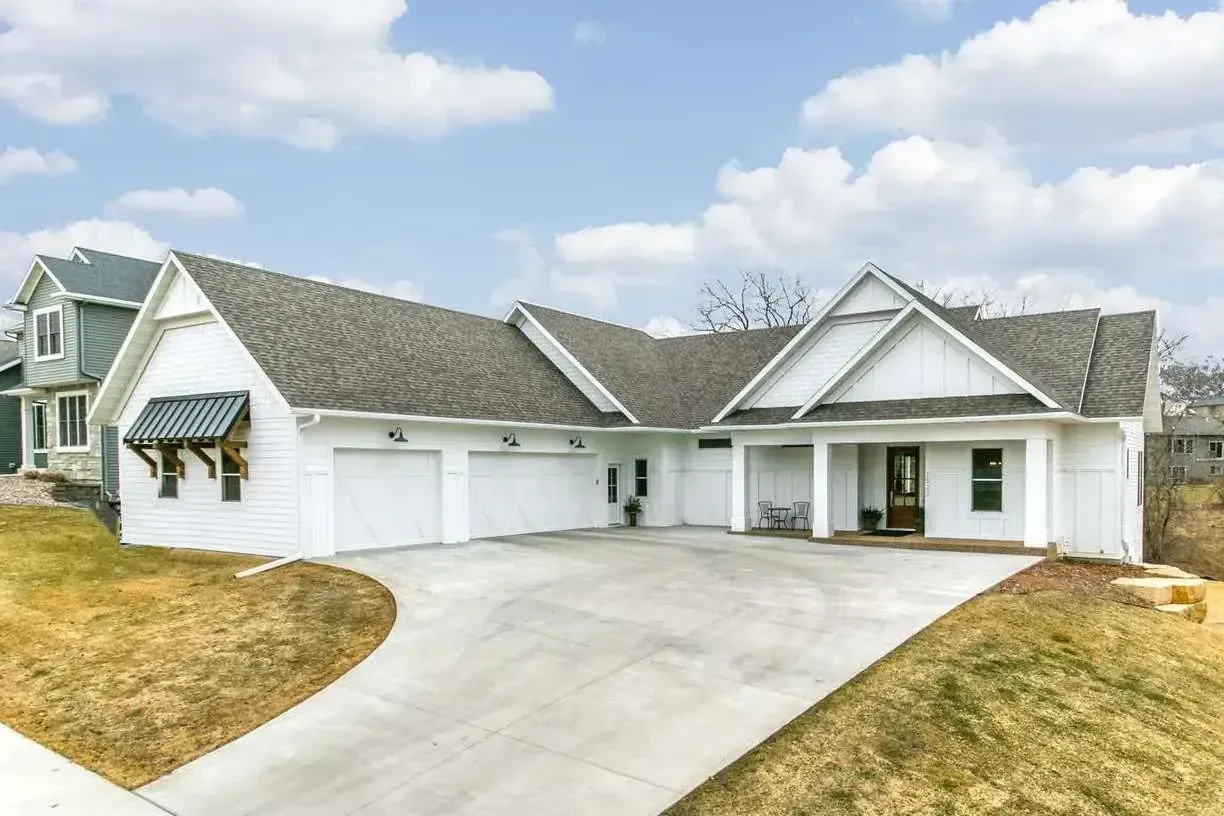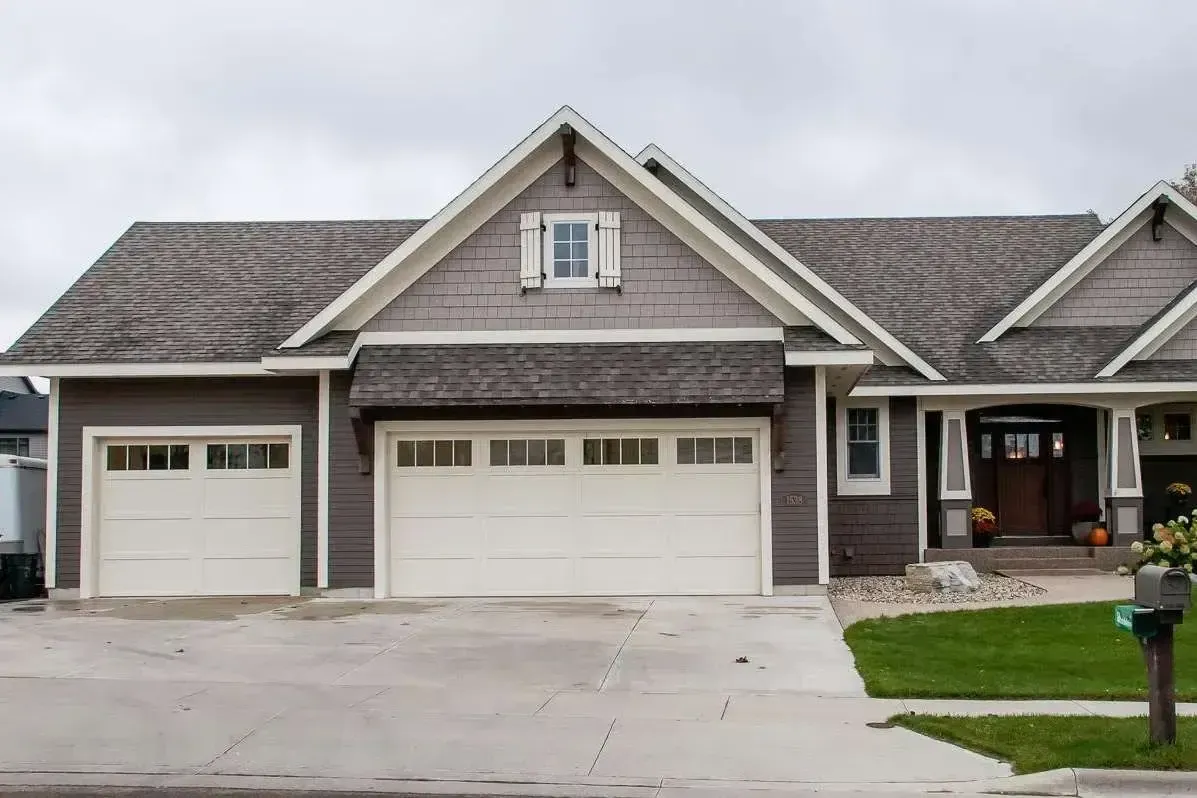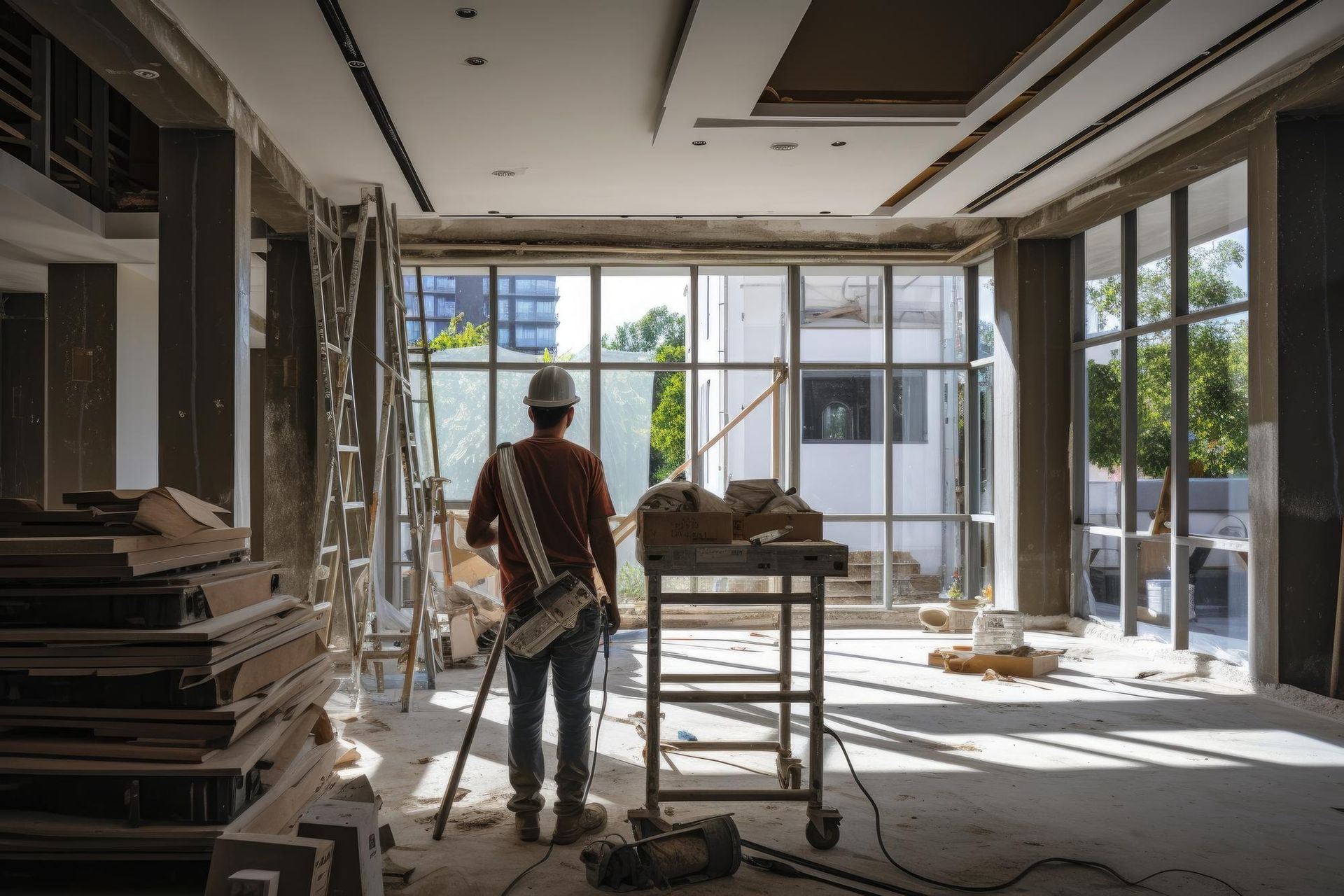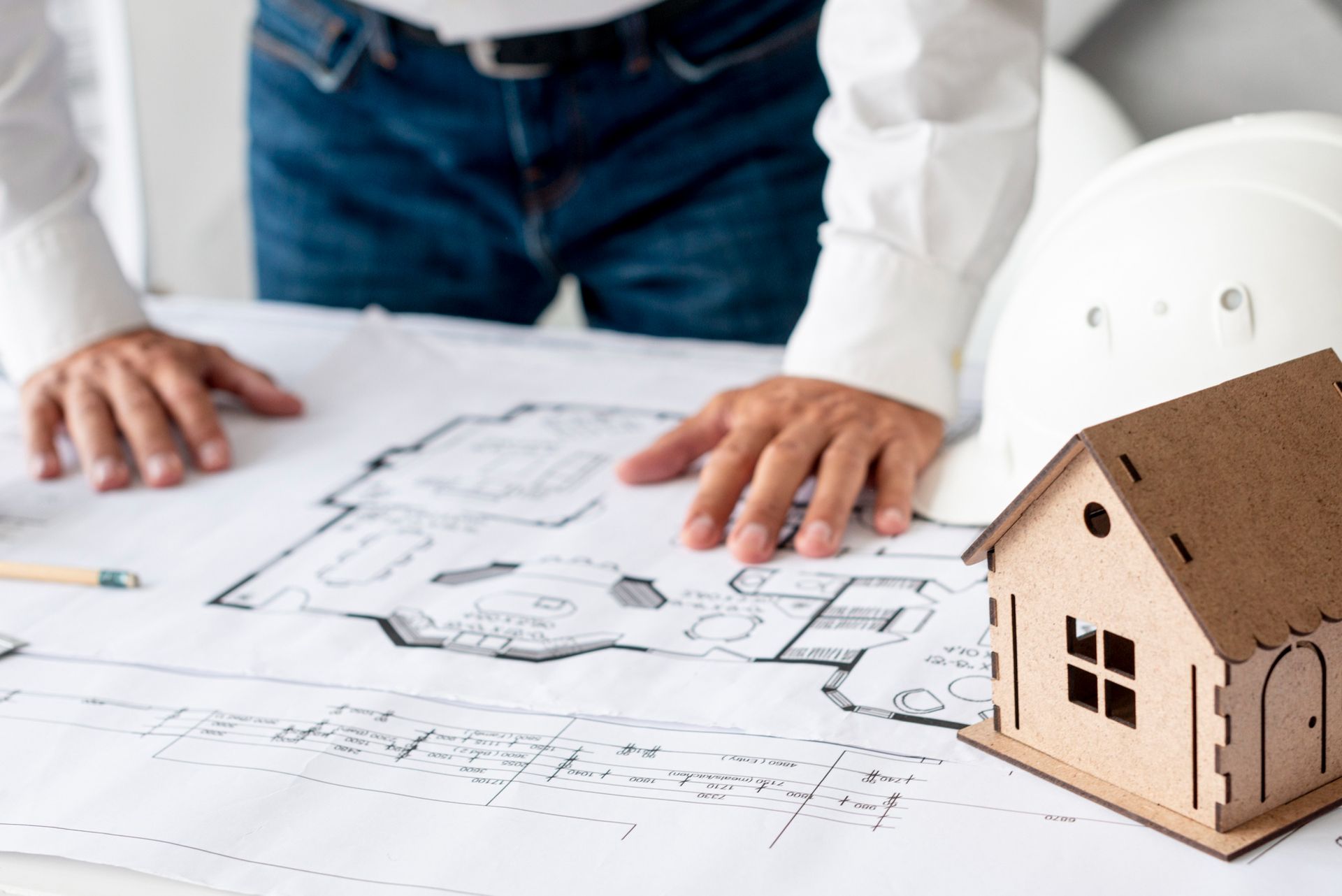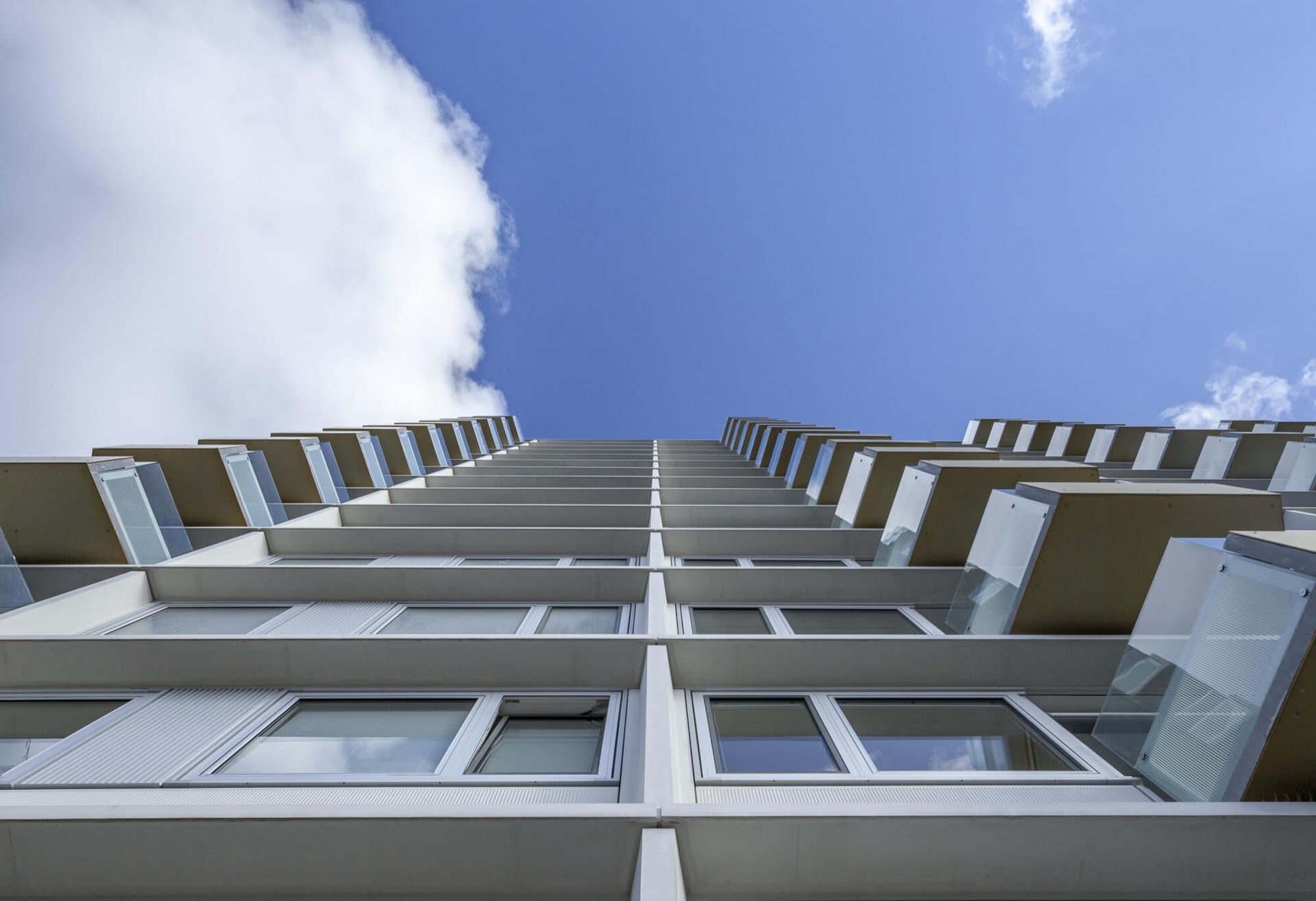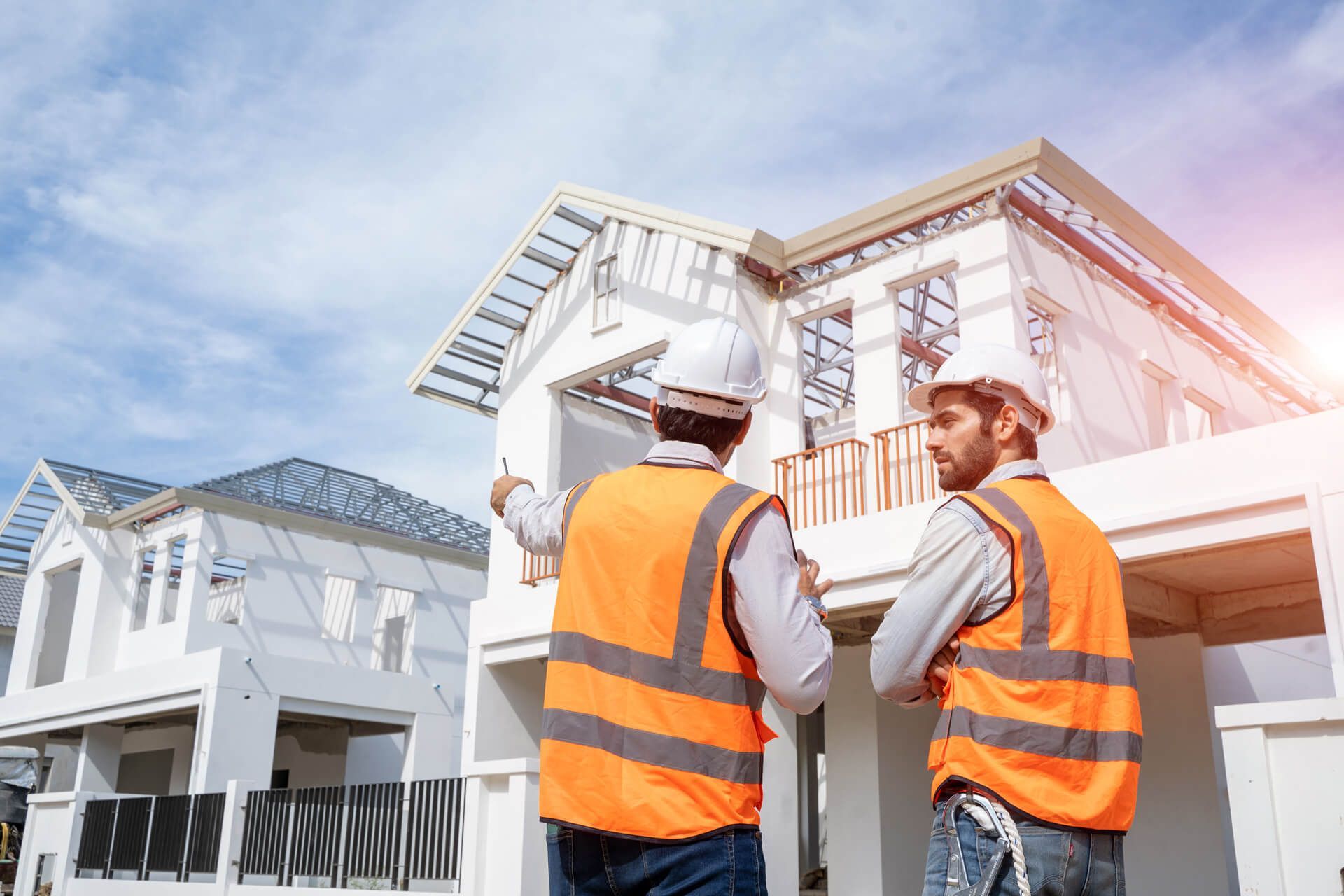Estimating Your New Home Construction Costs: Tips and Strategies
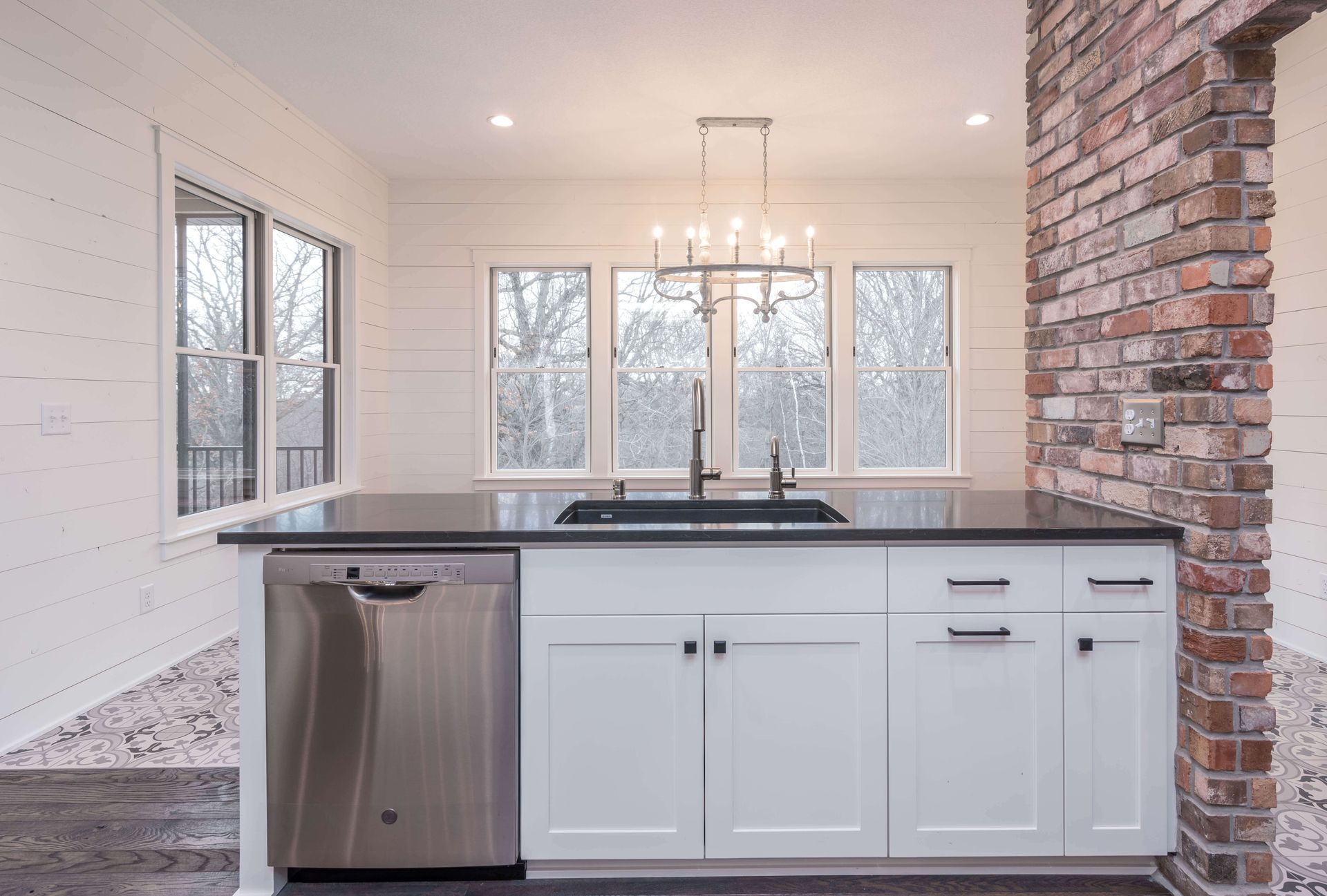
Building a new home is an exciting endeavor, but it's essential to have a clear understanding of the costs involved before breaking ground. Estimating new home construction costs requires careful planning, research, and consideration of various factors.
In this comprehensive guide, we'll explore valuable tips and strategies to help you accurately estimate the costs of building your dream home.
1. Define Your Budget
Establishing a realistic budget is the first and most crucial step in estimating new home construction costs. To do this effectively, consider your financial situation, including available funds, mortgage pre-approval amount, and any additional financing options.
Take into account not only the upfront costs of construction but also ongoing expenses such as property taxes, insurance, and utilities. Setting a clear budget from the outset will help guide your decisions and prevent overspending as the project progresses.
2. Research Local Construction Costs
Local construction costs can vary significantly based on factors such as geographic location, market demand, and economic conditions. Conduct thorough research to understand the current trends and pricing dynamics in your area.
This may involve reaching out to local builders, contractors, and suppliers to obtain estimates and gather insights into prevailing labor rates, material costs, and permit fees. Additionally, consulting online resources, industry publications, and real estate databases can provide valuable data to inform your cost estimates.
3. Determine Your Home's Size and Features
The size and features of your new home will play a significant role in determining construction costs. Consider factors such as square footage, architectural style, number of bedrooms and bathrooms, and desired amenities.
Determine whether you prefer standard finishes or upgrades, and assess any
customizations or special design elements you wish to incorporate. Keep in mind that larger or more elaborate homes will typically incur higher construction costs, so carefully evaluate your priorities and preferences to align them with your budget.
4. Obtain Detailed Quotes from Contractors
Once you have a clear idea of your home's size and features, solicit detailed quotes from reputable contractors or builders. Request itemized estimates that outline the cost breakdown for labor, materials, permits, and any additional services. Be sure to provide contractors with comprehensive project specifications and plans to ensure accurate pricing.
Comparing quotes from multiple contractors will allow you to assess pricing differences and identify any areas of concern or discrepancy. Remember to prioritize quality and reliability when selecting a contractor, as the lowest bid may not always represent the best value in the long run.
5. Factor in Contingency Funds
Building contingency funds into your budget is essential to account for unforeseen expenses or changes that may arise during the construction process. Unforeseen challenges, such as inclement weather, material shortages, or unexpected site conditions, can impact both the timeline and cost of the project.
By allocating a portion of your budget as a contingency reserve—typically between 10% and 20%—you can mitigate the risk of budget overruns and ensure that you have sufficient funds to address unexpected circumstances without derailing the project.
6. Consider Long-Term Costs and Sustainability
While it's essential to focus on upfront construction costs, it's equally important to consider the long-term costs and sustainability of your new home. Investing in energy-efficient features, high-quality materials, and durable construction methods can result in lower utility bills, reduced maintenance expenses, and improved overall comfort and livability.
Evaluate the lifecycle costs of various building materials and technologies to determine the most cost-effective and environmentally friendly options for your project. Additionally, explore available incentives, rebates, and financing programs that promote sustainable building practices and energy conservation.
7. Consult with Financial Advisors and Professionals
Navigating the complexities of estimating new home construction costs may require expert guidance from financial advisors, real estate professionals, or construction consultants. These professionals can offer valuable insights and expertise to help you develop a comprehensive cost estimate, assess financing options, and make informed decisions throughout the building process.
Consider consulting with a mortgage broker to explore loan options and financing strategies tailored to your individual needs and circumstances. Likewise, seek advice from experienced builders or architects who can provide guidance on cost-saving measures, value engineering, and design considerations to optimize your construction budget and achieve your desired outcome.
By following these tips and strategies, you can confidently estimate the costs of building your new home and begin your construction journey with clarity and preparedness. With careful planning, diligent research, and expert guidance, you can navigate the complexities of new home construction and achieve your vision of a dream home that meets your needs, preferences, and budgetary constraints.
Craft Your Dream Home with Stonebridge Builders Today!
Bring your dream home to life with Stonebridge Builders. As builders of Rochester, and surrounding areas like Lake City, Kasson, Pine Island, or Oronoco, we have years of experience specializing in turning your dream home into a reality.
Our
custom home-building process is meticulously crafted, providing quality homes that stand out in surrounding communities. From the initial floor plan discussions to the final touches, our kitchen remodeling experience is designed to exceed homeowners' expectations.
Get in touch and contact us today to experience the unparalleled expertise and personalized service that sets us apart as your trusted professional home builders around Minnesota. Let us turn your dream into a reality, creating a home that not only meets your needs but exceeds your expectations.
Frequently Asked Questions (FAQs) - Estimating Your New Home Construction Costs: Tips and Strategies
1.What factors should I consider when estimating new home construction costs?
When estimating new home construction costs, consider factors such as the size and features of the home, local construction costs, labor expenses, permits and fees, contingency funds, long-term sustainability, and consultation with financial advisors or professionals
2.How can I determine the budget for my new home construction project?
To determine your budget, assess your financial resources, mortgage pre-approval amount, and desired level of customization. Consider both upfront construction costs and ongoing expenses such as property taxes and utilities. Set a realistic budget that aligns with your financial means and project goals.
3.Why is it important to research local construction costs?
Researching local construction costs provides valuable insights into prevailing labor rates, material costs, and permit fees in your area. Understanding local pricing dynamics helps you develop an accurate cost estimate and ensures that your budget aligns with regional market trends.
4.What should I include in my new home construction budget?
Your new home construction budget should include expenses such as construction materials, labor costs, permits and fees, design and customization features, contingency funds, land acquisition costs (if applicable), and ongoing maintenance and operating expenses.
5.How can I obtain detailed quotes from contractors?
To obtain detailed quotes, reach out to reputable contractors or builders and request itemized estimates that outline the cost breakdown for labor, materials, permits, and additional services. Provide contractors with comprehensive project specifications and plans to ensure accurate pricing.
6.Why is it essential to factor in contingency funds?
Factoring in contingency funds is crucial to account for unforeseen expenses or changes that may arise during the construction process. Contingency funds provide a buffer against unexpected challenges, ensuring that you have sufficient funds to address any deviations from the original plan without exceeding your budget.
7.What are some long-term costs and sustainability factors to consider?
Long-term costs and sustainability factors include energy-efficient features, high-quality materials, and durable construction methods that can lower utility bills, reduce maintenance expenses, and improve overall comfort and livability. Evaluate the lifecycle costs of various building materials and technologies to make informed decisions about sustainability.
8.How can consulting with financial advisors and professionals help in estimating construction costs?
Consulting with financial advisors and professionals can provide valuable insights, review your budget and estimates, and offer expert advice to help you make informed decisions throughout the building process. Financial advisors can assist with financing options, while construction professionals can offer guidance on cost-saving measures and design considerations.
